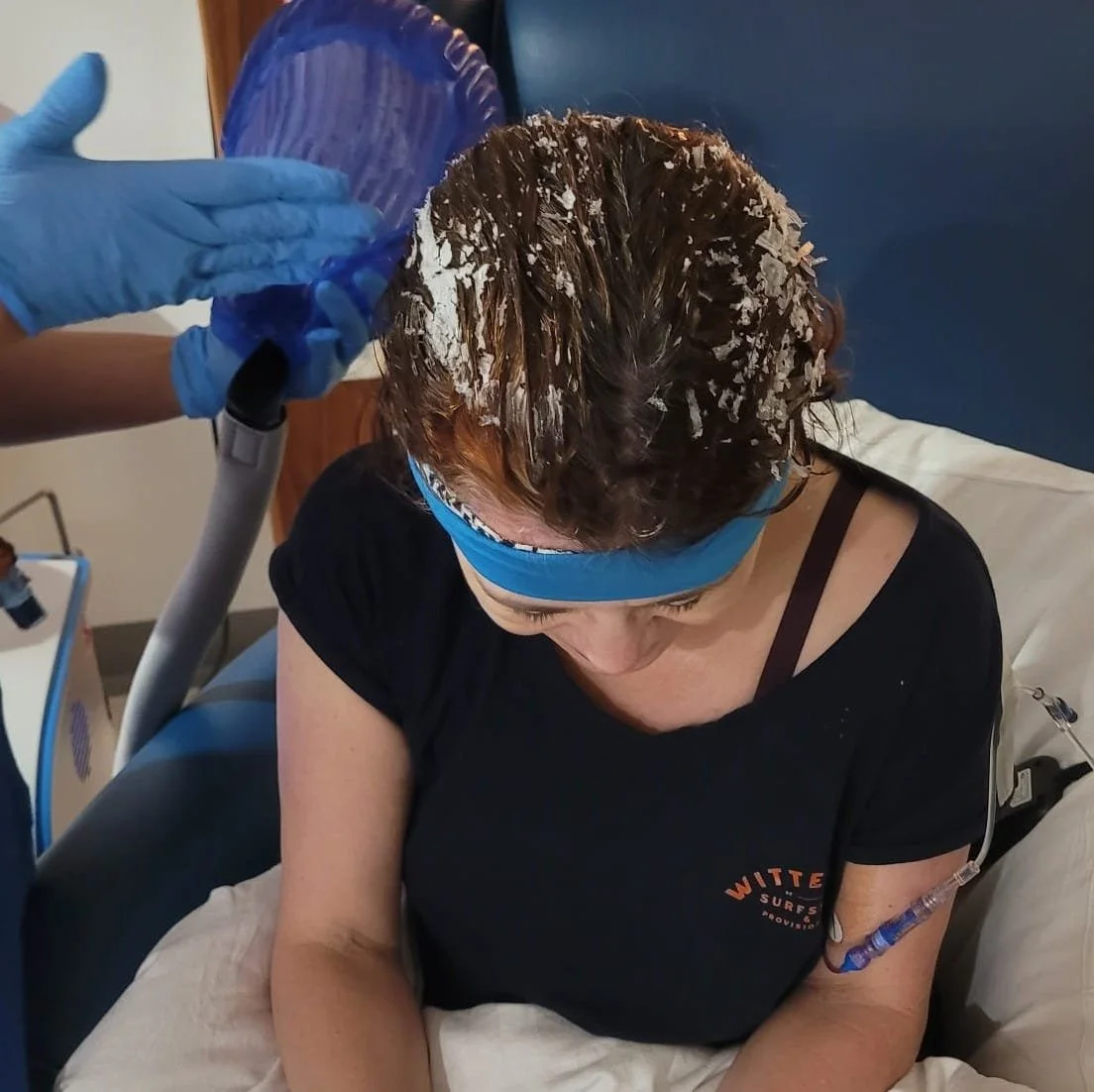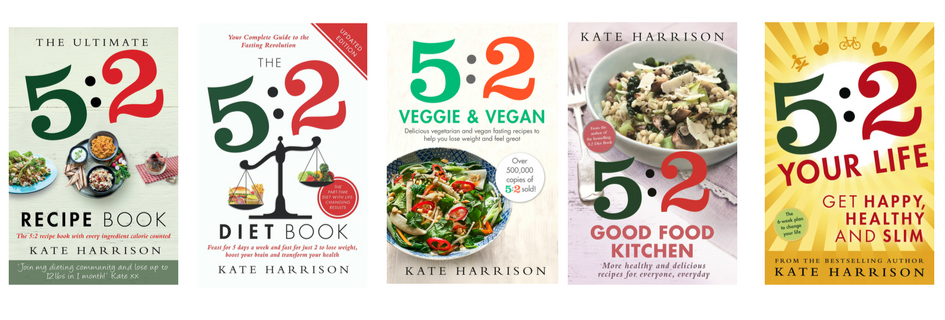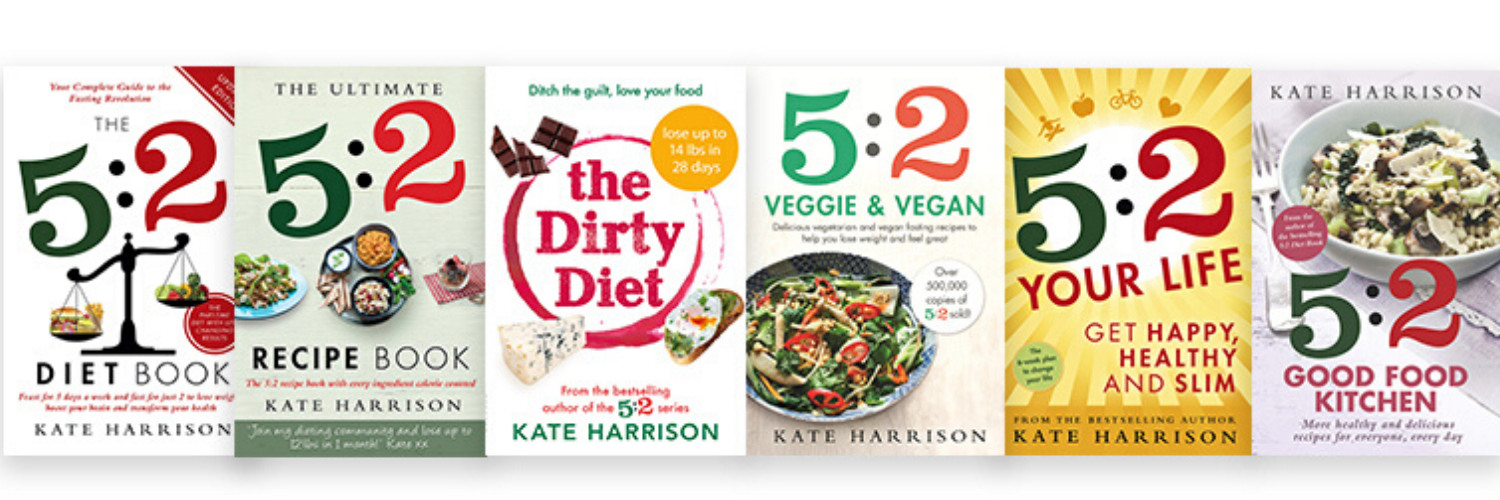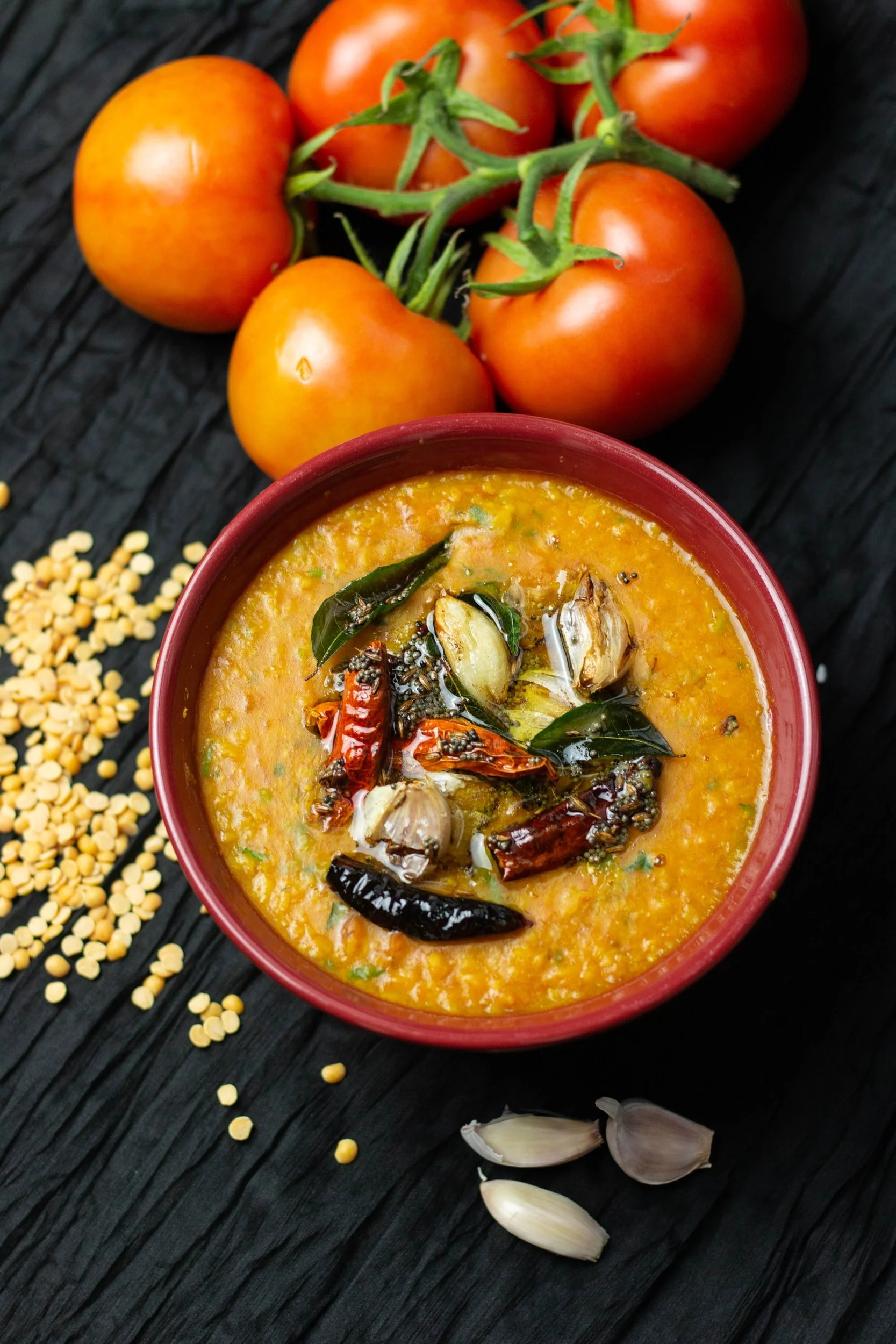Bon appetit - so happy to be celebrating and to have my love of food back
Today is an amazing triple celebration:
Thirteen years since my first fast – On August 9, 2012, I decided to cut back on calories just twice a week to see if it would help me take control of my weight and health after decades of being unhappy with my diet and size. It led to my amazing Facebook group and my bestselling books about fasting.
Nine months since my breast cancer diagnosis – In November 2024, I was told I had triple negative breast cancer (one of the most aggressive types) and would need chemotherapy, immunotherapy, surgery, and radiotherapy. I’m celebrating this because I found the lump in time because I examined myself every month.
Just over a fortnight since life-changing news – My latest results show that treatment has worked to kill the tumour in my right lymph nodes (and, hopefully, any rogue cells elsewhere).
To say this has been the most challenging year since I began fasting doesn’t come close.
You can read my free real-time diary and helpful cancer treatment tips here and subscribe for updates on what my life is going to look like now I’ve had this second chance. Always free, of course.
the hardest nine months
Chemotherapy and immunotherapy worked very well on the cancer, but they took a huge toll on my body. The side effects—especially from immunotherapy—were severe, triggering my immune system to attack my digestive system and lungs. My love of food disappeared for more than six months.
I had a haircut just before and tried cold-capping. I did lose much of my hair despite cold capping, and, near the end of treatment, a different chemo led to me shedding the rest—along with my eyebrows and eyelashes. They’re now growing back, slowly. I also have lingering numbness in my feet, which may or may not improve.
I’m still on high-dose steroids to stop my body attacking itself, now tapering them very slowly. They come with their own side effects—insomnia, muscle loss, and (vanity alert) chipmunk cheeks.
The best possible result
First coffee after surgery!
But I made it. I am beyond thrilled to be well, and my surgery three weeks ago confirmed a pathological complete response—the cancer cells had been killed off.
I’m still sore and can’t yet return to running, and fasting has been tricky while on steroids, but I look forward to resuming my weekly fasts next month. Weight-wise I am tipping the scales at just over 9 stone after the chemo and muscle loss but am building up my protein and will be doing more training very soon indeed.
I did use fasting three times to try to avoid side effects from some of the more nausea-causing old-school chemo drugs and it seemed to work well. And I look forward to returning to my weekly one or two fasts for health next month.
how the weight loss world has changed & what I think of the new drugs
A visual flashback through my weight loss journey…
So much has changed in the weight loss world since I started fasting too, including injectable medications like Wegovy that have benefited so many. I am delighted to see how many people are able to feel freedom from the worry and health issues that have plagued them, as I was when I discovered fasting. To me, the benefits of being a healthy weight for your body are enormous. It’s early days, especially about long-term use, but I love how these developments could transform how we live.
I’ve always seen fasting as a tool, and the new medications are the same.
why I don’t feel angry about getting cancer
Lots of people have said how unfair it seemed to them that someone like me ended up with this diagnosis – I’ve been a vegetarian since my teens, a faster for over a decade (with a healty BMI), I run and exercise and take my health seriously. That’s partly because I’ve seen the effect poor diet and lack of exercise had on my parents’ quality of life before they died.
But life isn’t ‘fair’ and I feel that the habits I adopted and love to live by now might have helped me fight the cancer before I saw it, and have certainly helped me recover from treatment now. Maybe I had worse side effects because my body doesn’t like to be knocked off course. I kept exercising for as long as I could and long to get back to my weekly park runs.
TNBC has a higher risk of returning in the first few years, so I know I still have work to do to process what’s happened—and how the future looks. On diagnosis, I wasn’t sure I had much of a future at all.
living life to the full
I’ll still send the occasional newsletter, but if you’d like more regular, chatty posts on food and health—about once a fortnight—subscribe for free on my Substack. I can’t wait to share recipes and more. Or you can always read my ebooks or listen to my podcast.

























